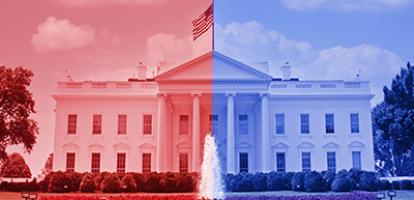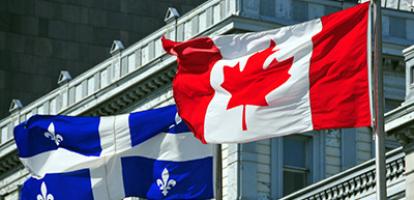From: Jon Johnson
To: Canadians Concerned about US Trade Policy and the WTO
Date: October 25, 2019
Re: US-Japan Agreement Bypasses Congress, Challenging WTO
The US Congressional Research Service reported on October 3 that the tariff changes in the US-Japan Agreement will be brought into effect through delegated tariff proclamation authorities in US Trade Promotion Authority (TPA) legislation without congressional approval.
Canadians waiting for the legislation implementing the new Canada-US-Mexico trade agreement to arrive in Congress may find this puzzling.
The CUSMA falls within the category of trade agreement in the TPA legislation under “Agreements regarding tariff barriers and nontariff barriers.” The TPA legislation also describes another category of trade agreement as “Agreements regarding tariff barriers” (the “tariff barriers only” category). Tariff reductions in these trade agreements can be brought into effect by presidential proclamation without congressional approval.
The origin of the “tariff barriers only” category is the Reciprocal Trade Agreements Act of 1934 that pre-dated GATT most-favoured-nation (MFN) obligations. The “tariff barriers only” category does not create “free” trade agreements because the proclamation authority prohibits the president from reducing a duty greater than 5 percent to less than 50 percent of the amount of that duty that applied on June 29, 2015.
Unlike with CUSMA, presidential obligations to Congress and other bodies respecting agreements under the “tariff barriers only” category are minimal. The president must notify Congress of the intention to enter into the agreement. No legislation is required unless the agreement provides for a reduction greater than the 50 percent limitation referred to above.
The TPA legislation requires the Trade Representative to consult with congressional committees if the negotiation of a trade agreement involves agricultural products. US commitments under the US-Japan Agreement cover only a few agricultural products.
The TPA legislation also requires the Trade Representative to consult with congressional committees if the negotiation involves fish or shellfish, or textiles and apparel. However, neither the US nor Japan assumes commitments respecting any of these products.
This brings us to a second point raised by the CRS, namely whether the US-Japan Agreement falls within the exception in GATT Article XXIV from the GATT/WTO MFN obligation for agreements that create free trade areas. To qualify, an agreement must eliminate duties on substantially all goods traded among the member countries originating in those countries.
Aside from animal and vegetable products and various foodstuffs and beverages, Japan’s tariff reduction commitments are limited to a few chemical and related products.
US tariff reduction commitments are also limited and do not include any motor vehicles or parts. In its October 3 report, the CRS noted that US imports of motor vehicles and parts amounted to $56.0 billion (more than 38 percent of all US imports from Japan). There are many other gaps in US coverage. Also, US tariffs on goods covered by US obligations that exceed 5 percent will only be reduced by 50 percent. For example, the US tariff of 7.2 percent on pipe tools and base metal parts thereof (US tariff item 82055910) will be reduced to a final rate of 3.6 percent after two years.
The CRS reports that the US-Japan Agreement is intended as a “first stage” agreement and that the US and Japan “aim to begin the second stage of talks within four months after entry into force of the initial agreement.” Maybe a “second stage” agreement will result, but maybe not.
The “tariff barriers only” category of trade agreement permits the Trump administration to bypass Congress in pursuing its trade agenda. With the Trump administration’s emphasis on bilateral agreements and reciprocity, coupled with its disdain both for Congress and WTO MFN obligations, we may see more of these limited “first stage” agreements that challenge fundamental WTO principles.
Jon Johnson is a former advisor to the Canadian government during NAFTA negotiations and is a Senior Fellow at the C.D. Howe Institute.
To send a comment or leave feedback, email us at blog@cdhowe.org.
The views expressed here are those of the author. The C.D. Howe Institute does not take corporate positions on policy matters.





